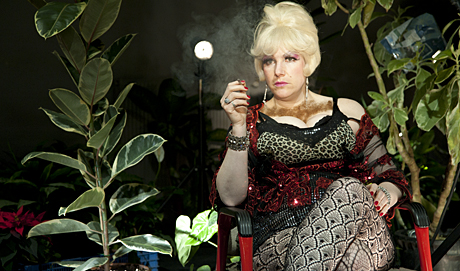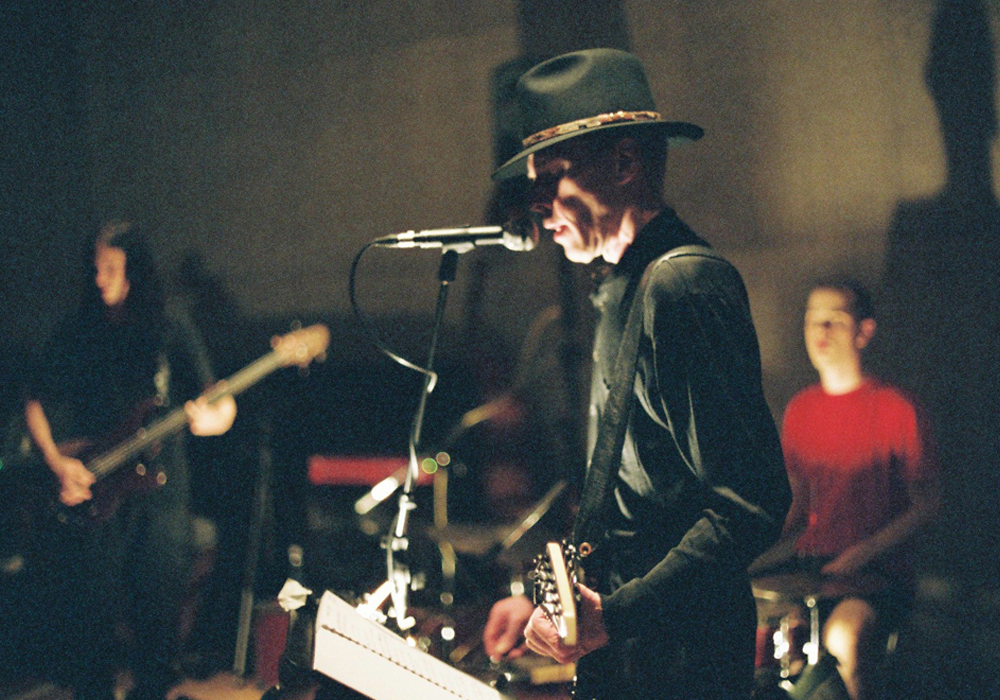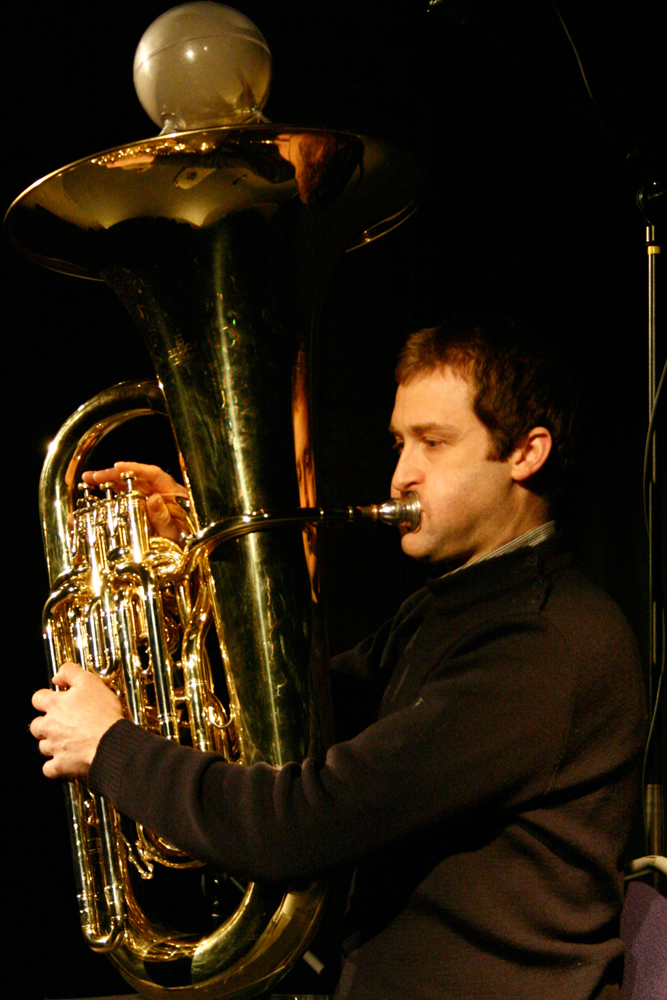
FACT
Craig Dworkin
Dworkin asks: What would a non-expressive poetry look like? A poetry of intellect rather than emotion?
Arika have been creating events since 2001. The Archive is space to share the documentation of our work, over 600 events from the past 20 years. Browse the archive by event, artists and collections, explore using theme pairs, or use the index for a comprehensive overview.

Dworkin asks: What would a non-expressive poetry look like? A poetry of intellect rather than emotion?

Noise music for the eyes: projectors turned into instruments, B&W film loops into a thrumming riot of colour, motion and sound.

Thinking against the monoculturalism of Western thought—of faith, affection, sexuality and gender—which completely lacks any utility to, or descriptive value of Indigenous worldviews.

How can we imagine bodies not as an end in themselves, but as a medium through which we can become one another’s means?

A recorded a conversation that grounds the Episode, exploring Ailton Krenak’s thinking and distinct poetics of life; as it work against capitalism and fascism, as a denunciation of political alliances, and maybe even of ‘politics’.

How can we imagine bodies not as an end in themselves, but as a medium through which we can become one another’s means?

Personal Spaces: inversion of a territorial bell, confusing the realms between rehearsal and performance, public and private space.

Trans-temporal drag, sexuality and the re-staging of illegible moments in history.

How do poetry and maths stitch together pictures of our fractured situation from its wreckage and relics, from the debris of hope and the well of residues that make us what we are?

Performances at Anthology Film Archives by by Loren Mazzacane Connors, Alan Licht & Jandek.

An informal conversation, over breakfast, about how abolition and movement work structures Mijke and Nat’s approach to transfeminism, ahead of their new book Trans Femme Futures.

Robin Hayward – exploring the micro-sounds of a tuba, filling slowly with sand.